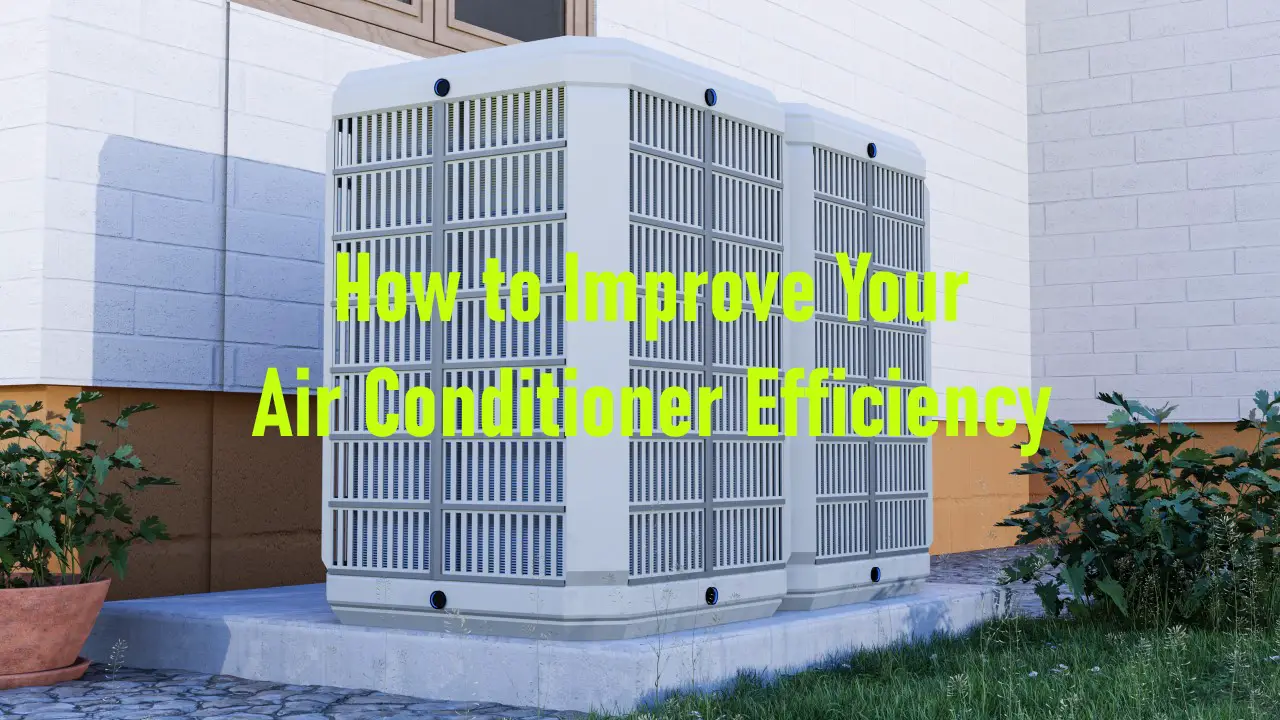During the hot summer months, air conditioning is essential to keep homes comfortable and cool. However, running an air conditioner can be costly, especially when it’s not running efficiently. Fortunately, there are several ways to improve your air conditioner’s efficiency and save money on your energy bills.
One of the first steps to improving your air conditioner’s efficiency is to identify common issues that may be causing it to work harder than it needs to. For instance, a dirty air filter can restrict airflow and make the system work harder to cool your home. Regularly cleaning or replacing the air filter can help improve airflow and reduce energy consumption.
Another way to improve your air conditioner’s efficiency is to invest in energy-saving tips, such as using a programmable thermostat to regulate the temperature in your home. This can help reduce energy consumption when you’re not at home or sleeping, without sacrificing comfort. Additionally, sealing air leaks around doors and windows can help prevent cool air from escaping and reduce the workload on your air conditioner.
Page Contents
Key Takeaways
- Regularly cleaning or replacing your air filter can help improve your air conditioner’s efficiency.
- Using a programmable thermostat and sealing air leaks can also help reduce energy consumption and save money on your energy bills.
- Investing in an energy-efficient air conditioner can provide long-term savings and improve your home’s comfort.
Identifying Common Issues
When it comes to improving air conditioner efficiency and saving money, identifying common issues is the first step. By understanding what can go wrong with an air conditioning system, homeowners can take proactive steps to prevent problems from occurring and keep their AC running smoothly.
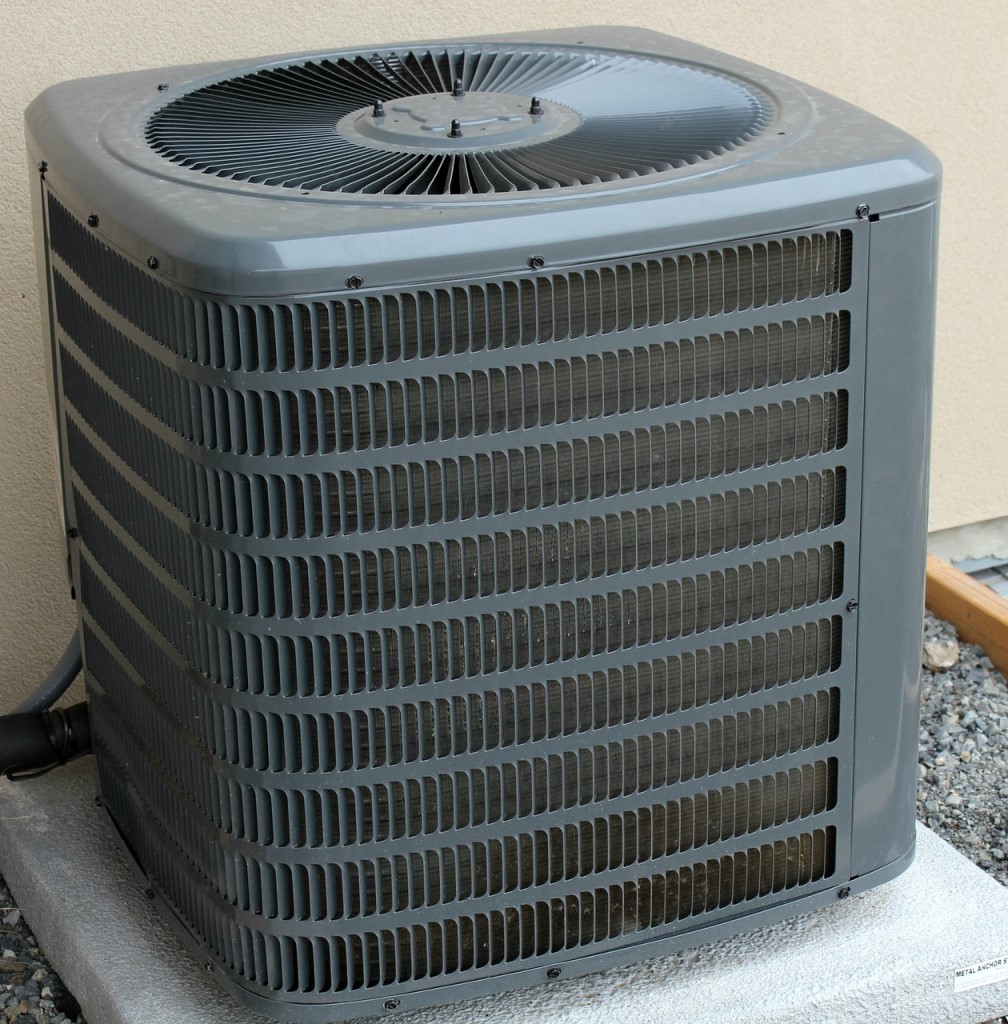
Low Refrigerant Levels
One of the most common issues with air conditioning systems is low refrigerant levels. Refrigerant is the substance that cools the air in the AC unit, and if there isn’t enough of it, the system won’t be able to cool the air effectively. Signs of low refrigerant levels include warm air blowing from the AC unit, ice forming on the refrigerant lines, and hissing or bubbling noises coming from the unit.
Dirty Filters
Another common issue with air conditioning systems is dirty filters. Air filters are designed to trap dirt, dust, and other debris before it can enter the AC unit. Over time, these filters can become clogged with dirt and debris, which can restrict airflow and reduce the efficiency of the system. Signs of dirty filters include reduced airflow from the AC unit, higher energy bills, and poor indoor air quality.
Poor Insulation
Poor insulation is another common issue that can affect the efficiency of air conditioning systems. If a home is poorly insulated, cool air can escape through walls, ceilings, and other areas, forcing the AC unit to work harder to maintain a comfortable temperature. Signs of poor insulation include hot spots in certain areas of the home, drafts, and higher energy bills.
Incorrect Thermostat Settings
Finally, incorrect thermostat settings can also affect the efficiency of air conditioning systems. If the thermostat is set too high, the AC unit won’t run as often as it should, which can lead to warm indoor temperatures. If the thermostat is set too low, the AC unit will run more often than necessary, which can lead to higher energy bills. Signs of incorrect thermostat settings include inconsistent indoor temperatures, frequent cycling of the AC unit, and higher energy bills.
By understanding these common issues, homeowners can take proactive steps to keep their air conditioning systems running smoothly and efficiently. Regular maintenance, such as changing air filters and scheduling tune-ups, can also help prevent these issues from occurring in the first place.
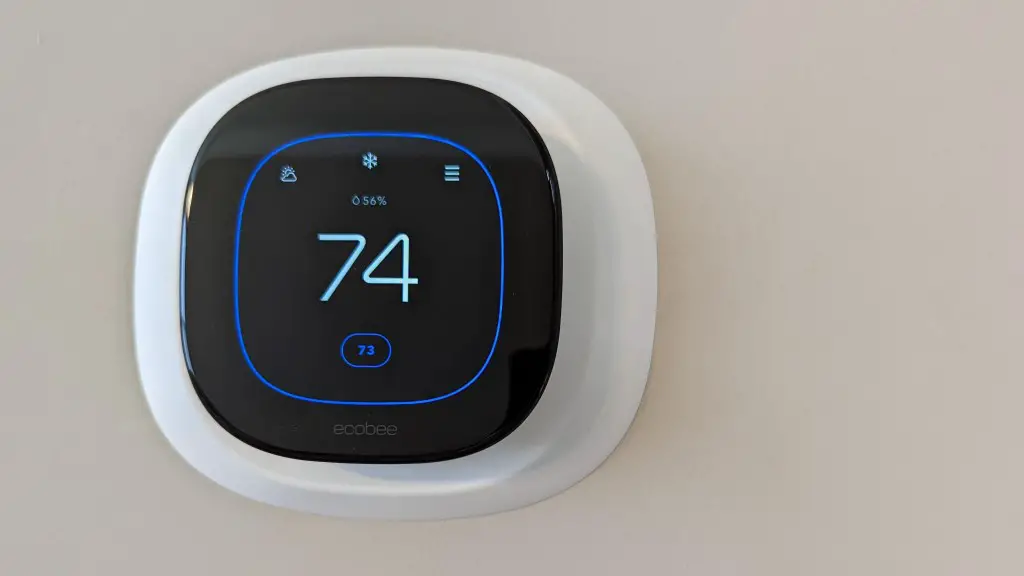
Improving Efficiency
Improving the efficiency of an air conditioner can save money on energy bills and prolong the lifespan of the unit. Here are some ways to increase the efficiency of an air conditioner.
Regular Maintenance
Regular maintenance is crucial for keeping an air conditioner running efficiently. It is recommended to have a professional HVAC technician service the unit at least once a year. During a maintenance visit, the technician will perform tasks such as cleaning the coils, checking the refrigerant levels, and inspecting the electrical components. Regular maintenance can prevent breakdowns, improve performance, and extend the lifespan of the unit.
Smart Thermostat Installation
Installing a smart thermostat can improve the efficiency of an air conditioner. Smart thermostats can automatically adjust the temperature based on the time of day, occupancy, and outdoor temperature. They can also be controlled remotely through a smartphone app. By using a smart thermostat, homeowners can save money on energy bills by reducing the amount of time the air conditioner runs when it is not needed.
Sealing and Insulation
Sealing and insulating the home can improve the efficiency of an air conditioner. Air leaks in the home can cause the air conditioner to work harder to maintain the desired temperature. Sealing air leaks and adding insulation can reduce the amount of time the air conditioner runs and save money on energy bills. Homeowners can use caulking, weatherstripping, and insulation to seal air leaks in the home.
In conclusion, improving the efficiency of an air conditioner can save money on energy bills and prolong the lifespan of the unit. Regular maintenance, smart thermostat installation, and sealing and insulation are some ways to increase the efficiency of an air conditioner.
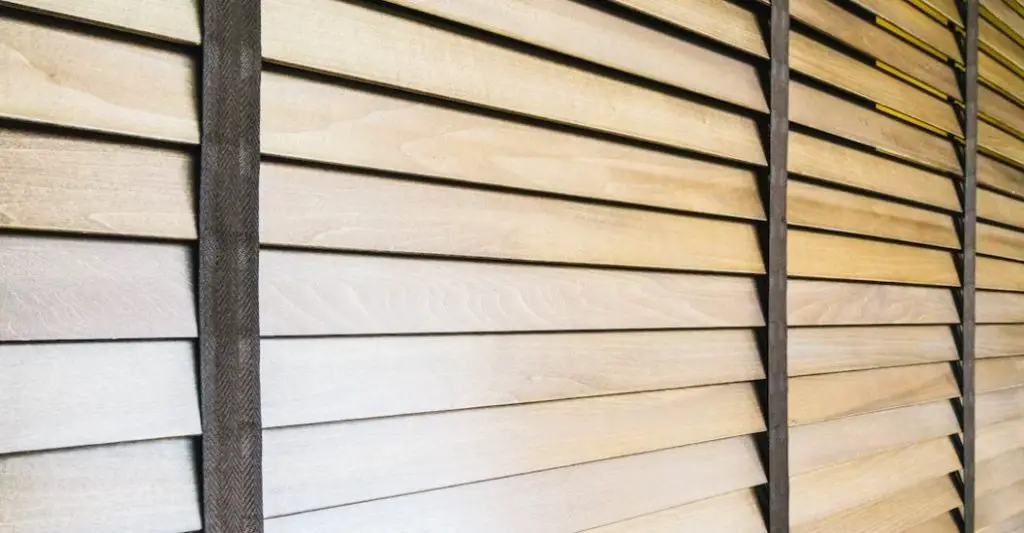
Energy Saving Tips
Using Ceiling Fans
Ceiling fans are a great way to improve the efficiency of your air conditioner and save money. They circulate the cool air throughout the room, making it feel cooler without having to lower the thermostat. In fact, you can raise your thermostat by a few degrees and still feel just as comfortable with the help of a ceiling fan.
Make sure your ceiling fan is turning in the right direction. In the summer, the fan should be set to rotate counterclockwise, which will create a cool breeze. In the winter, the fan should be set to rotate clockwise, which will push warm air down from the ceiling.
Closing Blinds and Curtains
Closing blinds and curtains during the day can help keep your home cool and reduce the amount of work your air conditioner has to do. Sunlight can heat up your home quickly, so blocking it out will help keep the temperature down.
You can also invest in blackout curtains, which are designed to block out sunlight and keep your home cool. They can reduce heat gain by up to 33%.
Reducing Heat Generation Inside Home
Reducing heat generation inside your home can also help improve the efficiency of your air conditioner. Here are a few tips:
- Use the oven and stove less frequently, especially during the hottest parts of the day.
- Use a microwave or grill instead of the oven when possible.
- Use energy-efficient light bulbs, which give off less heat than traditional bulbs.
- Turn off lights and electronics when they’re not in use.
- Use a clothesline or drying rack instead of the dryer.
Following these energy-saving tips can help improve the efficiency of your air conditioner and save you money on your energy bills.

Investing in Energy-Efficient Models
Investing in energy-efficient air conditioners can significantly reduce energy costs and improve air conditioner efficiency. Energy-efficient models typically have a higher Seasonal Energy Efficiency Ratio (SEER) rating, which measures the cooling output of an air conditioner per unit of energy consumed. A higher SEER rating means the air conditioner is more efficient and uses less energy to cool a space.
When considering investing in an energy-efficient air conditioner, it is important to conduct a cost analysis to determine if the investment is worth the upfront cost. The cost analysis should include the cost of the new air conditioner, installation costs, and estimated energy savings over the lifetime of the air conditioner.
Cost Analysis
The initial cost of an energy-efficient air conditioner is typically higher than a standard air conditioner. However, the long-term energy savings can offset the initial cost. The table below shows estimated energy savings and payback periods for upgrading to an energy-efficient air conditioner with a SEER rating of 16 compared to a standard air conditioner with a SEER rating of 13.
| Air Conditioner | SEER Rating | Annual Energy Cost | Estimated Lifetime Energy Savings | Payback Period |
|---|---|---|---|---|
| Standard | 13 | $1,000 | N/A | N/A |
| Energy-Efficient | 16 | $800 | $4,800 | 6 years |
As shown in the table, upgrading to an energy-efficient air conditioner with a SEER rating of 16 can result in an estimated lifetime energy savings of $4,800 and a payback period of 6 years.
Investing in energy-efficient air conditioners can also provide additional benefits such as improved indoor air quality and increased home value. Homeowners should consider their specific needs and budget when deciding whether to invest in an energy-efficient air conditioner.
Overall, investing in an energy-efficient air conditioner can be a smart long-term investment that can save homeowners money on energy costs while also improving air conditioner efficiency.
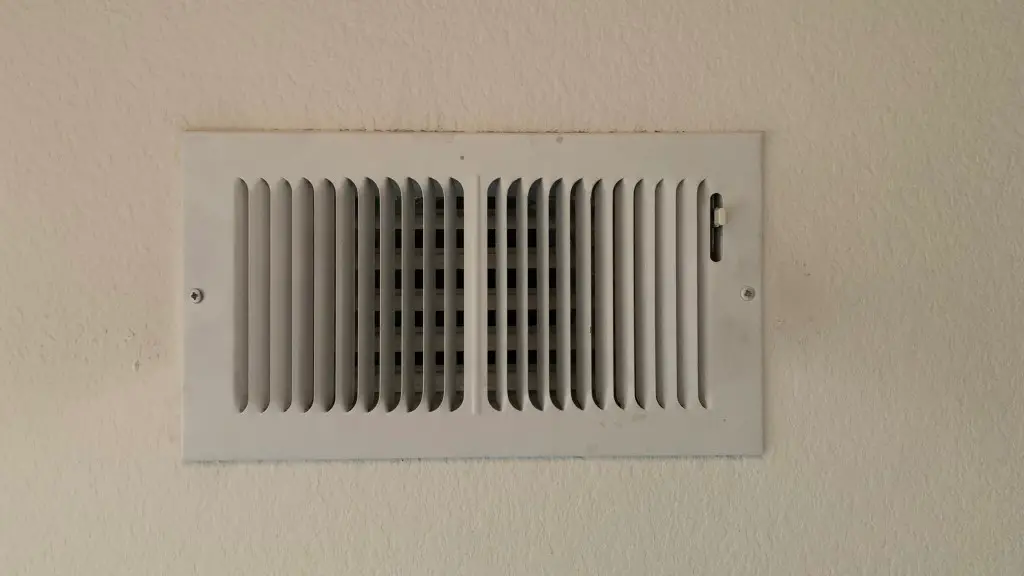
Conclusion
Improving air conditioner efficiency is a great way to save money and reduce energy consumption. By following the tips outlined in this article, homeowners can ensure their air conditioning units operate at peak efficiency, saving them money on their energy bills.
One of the most effective ways to improve air conditioner efficiency is to keep the unit well-maintained. This includes regularly cleaning or replacing air filters, ensuring the unit is free of debris and obstructions, and scheduling regular professional maintenance checks.
Another key factor in improving air conditioner efficiency is setting the thermostat to an appropriate temperature. Homeowners can save up to 10% on cooling bills by setting the thermostat to a temperature that is 10 to 15 degrees higher than what they are used to for 8 hours a day. It is also important to avoid setting the thermostat too low, as this can put unnecessary stress on the unit and lead to higher energy bills.
Other tips for improving air conditioner efficiency include using ceiling fans to circulate cool air, closing curtains and blinds during the hottest parts of the day, and avoiding using heat-generating appliances during peak hours.
By following these tips, homeowners can improve air conditioner efficiency, save money, and reduce their carbon footprint.
Frequently Asked Questions
How can I shade my air conditioner to improve its efficiency?
Shading your air conditioner can help improve its efficiency by keeping it cooler and reducing the amount of work it has to do to cool your home. You can shade your air conditioner by planting trees or installing a shade screen. Planting trees is a long-term solution that can provide additional benefits such as improving air quality and providing shade for outdoor activities. Shade screens can be installed quickly and are a more cost-effective solution.
What steps can I take to improve the efficiency of my AC condenser?
Cleaning your AC condenser is one of the most effective ways to improve its efficiency. Dirty condenser coils can reduce the airflow and make it harder for your air conditioner to cool your home. You can clean your condenser coils by removing any debris or blockages from around the unit. It’s also important to keep the area around your condenser clear to ensure proper airflow. Regular maintenance, such as changing the air filter and scheduling professional maintenance, can also help improve the efficiency of your AC condenser.
What is the most cost-effective way to run my AC?
The most cost-effective way to run your AC is to set the thermostat to a higher temperature when you’re not at home or when you’re sleeping. You can also use ceiling fans to help circulate the cool air and reduce the workload on your air conditioner. Regular maintenance, such as cleaning the air filter and scheduling professional maintenance, can also help ensure that your air conditioner is running efficiently. Finally, consider upgrading to a more energy-efficient air conditioner if your current unit is old or inefficient.
